Sitting ministers and MPs are not entirely immune to interests but there are certain rules that govern their arrests in civil or criminal cases.
Yesterday on August 24, 2021, Union Minister Narayan Rane became the third sitting Cabinet minister to be arrested in India. Cabinet Minister for Micro, Small and Medium Enterprises (MSME), Rane was taken into custody by Maharashtra Police for his “Slap Uddhav Thackeray” remark.
The MSME minister is a sitting MP in the Rajya Sabha and thereby holds parliamentarian privileges. Hence, his arrest has raised eyebrows.
Sitting lawmakers are not entirely immune to arrests but there are certain rules that govern their arrests in civil or criminal cases.
Laws that govern arrests of Parliamentarians in India
A sitting MP cannot be arrested if he or she is inside the Parliament premises. Narayana Rane could have avoided the arrest if he was present in the Parliament.
MPs also have immunity from arrests in any civil cases when the Parliament is in session. They have freedom from arrest during the continuance of “a joint sitting, meeting, conference or joint committee” as well as 40 days prior to and 40 days after the conclusion, as per Section 135 of the Code of Civil Procedure. However, this freedom does not extend to criminal offences.
As Minister Rane’s arrest was made for an alleged criminal offence, this window does not apply to him.
However, the section 22A of Rajya Sabha states that information regarding the arrest of any MP has to be shared with the Chairman of the Upper House “indicating the reasons for the arrest, detention or conviction.”
Maharashtra Police reportedly informed RS Chairman Venkaiah Naidu about the arrest on Tuesday evening.
History of Parliamentarian arrests
While the union minister’s arrest is the first such incident in over a decade, there have been two such incidents of note since the turn of the century.
In 2001, MPs Murasoli Maran and TR Baalu were arrested by the Chennai Police in connection with the ‘Flyover scam’. Similarly, criminal-turned-politician Md Shahabudding was arrested from outside the parliament in a murder and kidnapping case in 2005.
What’s next for the MSME minister?
Released on bail on Tuesday night, minister Rane can reach out to the privileges committee of the parliament with a complaint against the Mumbai Police. MPs can file complaints to privileges committees in both houses if they claim mistreatment by the police. The committee can pull up and reprimand police officers for “high handedness” on such complaints but does not posses the authority to direct any disciplinary action.
If charge-sheeted, Narayan Rane will have a much bigger challenge. The Supreme Court of India upheld that people who have been charge-sheeted should not be made a part of the Cabinet of Ministers. The apex court had, however, also noted that the Indian constitution does not state any such prohibition.
MSME Minister Narayan Rane has the legal right to continue in his capacity and perform his duties as a cabinet minister. At the same time, he will have to fight the court case as an ordinary individual. In fact, several past precedents have seen ministers continue to hold office even after charge-sheets are filed against them.
![submenu-img]() Anil Sharma slams actors for high entourage costs, Bollywood unperforming at box office in 2024: If you look at South...
Anil Sharma slams actors for high entourage costs, Bollywood unperforming at box office in 2024: If you look at South...![submenu-img]() Mukesh Ambani, Nita Ambani's bahu Shloka Mehta wore 'Kaliganthi' neckpiece like Isha Ambani and…
Mukesh Ambani, Nita Ambani's bahu Shloka Mehta wore 'Kaliganthi' neckpiece like Isha Ambani and…![submenu-img]() Meet IAS officer who quit Google job, got highest marks in UPSC history, not Tina Dabi, Srushti Deshmukh, marks are...
Meet IAS officer who quit Google job, got highest marks in UPSC history, not Tina Dabi, Srushti Deshmukh, marks are... ![submenu-img]() Maximizing returns with SIP calculators: Strategies and tips
Maximizing returns with SIP calculators: Strategies and tips![submenu-img]() Spotlighting the Lives of Communities in Coal Economy
Spotlighting the Lives of Communities in Coal Economy![submenu-img]() Meet IAS officer who quit Google job, got highest marks in UPSC history, not Tina Dabi, Srushti Deshmukh, marks are...
Meet IAS officer who quit Google job, got highest marks in UPSC history, not Tina Dabi, Srushti Deshmukh, marks are... ![submenu-img]() Meet Tanu Jain, whose IAS coaching center Tathastu wasn't sealed amid death of 3 UPSC aspirants
Meet Tanu Jain, whose IAS coaching center Tathastu wasn't sealed amid death of 3 UPSC aspirants![submenu-img]() NEET UG 2024 counselling to start from August 14, registrations likely to begin in..
NEET UG 2024 counselling to start from August 14, registrations likely to begin in..![submenu-img]() Meet IIT graduate, daughter of sugar mill worker who lost mother during UPSC preparation, then became IAS with AIR...
Meet IIT graduate, daughter of sugar mill worker who lost mother during UPSC preparation, then became IAS with AIR...![submenu-img]() ICAI CA Foundation Result 2024 declared; check direct link to download scorecard
ICAI CA Foundation Result 2024 declared; check direct link to download scorecard![submenu-img]() Another BMW Hit And Run Case In Mumbai, 28 Year-Old Dies In Hospital
Another BMW Hit And Run Case In Mumbai, 28 Year-Old Dies In Hospital![submenu-img]() Delhi Coaching Center Flood: Preliminary Investigation Reveals Norms Were Ignored By The Centre
Delhi Coaching Center Flood: Preliminary Investigation Reveals Norms Were Ignored By The Centre![submenu-img]() Delhi Coaching Center Flood: 5 Including Owner of Basement Arrested By Police | IAS Coaching Tragedy
Delhi Coaching Center Flood: 5 Including Owner of Basement Arrested By Police | IAS Coaching Tragedy![submenu-img]() India Vs Sri Lanka Highlights: Ravi Bishnoi, Hardik Pandya Help IND Beat SL By 8 Wickets
India Vs Sri Lanka Highlights: Ravi Bishnoi, Hardik Pandya Help IND Beat SL By 8 Wickets![submenu-img]() Paris Olympics 2024: Indian Boxer Nikhat Zareen Enters Pre-Quarterfinals In Women's 50 KG Category
Paris Olympics 2024: Indian Boxer Nikhat Zareen Enters Pre-Quarterfinals In Women's 50 KG Category![submenu-img]() Who is shooter Manu Bhaker, only Indian to win 2 medals in single Olympic Games?
Who is shooter Manu Bhaker, only Indian to win 2 medals in single Olympic Games?![submenu-img]() Rohan Bopanna announces retirement from tennis, says, 'I have...'
Rohan Bopanna announces retirement from tennis, says, 'I have...'![submenu-img]() IND vs ARG, Paris Olympics 2024: Harmanpreet Singh’s last-minute equaliser help India to secure draw against Argentina
IND vs ARG, Paris Olympics 2024: Harmanpreet Singh’s last-minute equaliser help India to secure draw against Argentina![submenu-img]() 'Shooting for stars': Anushka, Deepika, Alia celebrate as Manu Bhaker wins India’s first medal at Paris Olympics 2024
'Shooting for stars': Anushka, Deepika, Alia celebrate as Manu Bhaker wins India’s first medal at Paris Olympics 2024![submenu-img]() Paris Olympics 2024: Who is Barbara Butch, slammed for 'mocking Jesus' at opening ceremony?
Paris Olympics 2024: Who is Barbara Butch, slammed for 'mocking Jesus' at opening ceremony?![submenu-img]() Meet Sanjay Dutt's best friend Paresh Ghelani, played by Vicky Kaushal in Sanju, works with Ratan Tata for...
Meet Sanjay Dutt's best friend Paresh Ghelani, played by Vicky Kaushal in Sanju, works with Ratan Tata for...![submenu-img]() Paris Olympic 2024: Stunning pics of Manu Bhaker, two-time Bronze medallist
Paris Olympic 2024: Stunning pics of Manu Bhaker, two-time Bronze medallist![submenu-img]() Step inside Vicky Kaushal's luxurious house with perfect view of Mumbai sunsets
Step inside Vicky Kaushal's luxurious house with perfect view of Mumbai sunsets![submenu-img]() In pics: Step inside Mahesh Babu's Rs 28 crore home in Hyderabad with swimming pool, gym, princess bedroom for Sitara
In pics: Step inside Mahesh Babu's Rs 28 crore home in Hyderabad with swimming pool, gym, princess bedroom for Sitara ![submenu-img]() How much Paris Olympic gold medal costs, what is it made of?
How much Paris Olympic gold medal costs, what is it made of?![submenu-img]() Spotlighting the Lives of Communities in Coal Economy
Spotlighting the Lives of Communities in Coal Economy![submenu-img]() Best Place To Buy SARMs: Where To Get SARMs Right Now And The Best SARMs Company Revealed
Best Place To Buy SARMs: Where To Get SARMs Right Now And The Best SARMs Company Revealed![submenu-img]() The Binge Town Aims To Make Premium Private Celebrations Affordable for Every Indian
The Binge Town Aims To Make Premium Private Celebrations Affordable for Every Indian![submenu-img]() XoomPay: Bridging The Global Payment Gap
XoomPay: Bridging The Global Payment Gap![submenu-img]() UP govt passes stringent bill to curb 'love jihad', convict to face...
UP govt passes stringent bill to curb 'love jihad', convict to face...![submenu-img]() Voter Sentiment: Harris outshines Biden among young and non-white voters
Voter Sentiment: Harris outshines Biden among young and non-white voters![submenu-img]() Beyond the Headlines: India, Pakistan and the hidden agenda of chaotic US poll
Beyond the Headlines: India, Pakistan and the hidden agenda of chaotic US poll![submenu-img]() DRDO fortifies India's skies: Phase II ballistic missile defence trial successful
DRDO fortifies India's skies: Phase II ballistic missile defence trial successful![submenu-img]() Gaza Conflict Spurs Unlikely Partners: Hamas, Fatah factions sign truce in Beijing
Gaza Conflict Spurs Unlikely Partners: Hamas, Fatah factions sign truce in Beijing![submenu-img]() Crackdowns and Crisis of Legitimacy: What lies beyond Bangladesh's apex court scaling down job quotas
Crackdowns and Crisis of Legitimacy: What lies beyond Bangladesh's apex court scaling down job quotas![submenu-img]() Anil Sharma slams actors for high entourage costs, Bollywood unperforming at box office in 2024: If you look at South...
Anil Sharma slams actors for high entourage costs, Bollywood unperforming at box office in 2024: If you look at South...![submenu-img]() Angelina Jolie, Brad Pitt's son Pax Jolie-Pitt rushed to hospital after suffering head injury in road accident
Angelina Jolie, Brad Pitt's son Pax Jolie-Pitt rushed to hospital after suffering head injury in road accident![submenu-img]() 'Leave me alone': Selena Gomez slams trolls amid plastic surgery rumours
'Leave me alone': Selena Gomez slams trolls amid plastic surgery rumours![submenu-img]() Freedom At Midnight teaser: Historical drama shows how Mahatma Gandhi sidelined Sardar Patel, made Nehru India's PM
Freedom At Midnight teaser: Historical drama shows how Mahatma Gandhi sidelined Sardar Patel, made Nehru India's PM![submenu-img]() Taapsee Pannu reacts to fight with paparazzi: ‘Appeasing them won’t get me…'
Taapsee Pannu reacts to fight with paparazzi: ‘Appeasing them won’t get me…'![submenu-img]() Mukesh Ambani, Nita Ambani's bahu Shloka Mehta wore 'Kaliganthi' neckpiece like Isha Ambani and…
Mukesh Ambani, Nita Ambani's bahu Shloka Mehta wore 'Kaliganthi' neckpiece like Isha Ambani and…![submenu-img]() Meet Goan sisters, who impressed Mukesh Ambani, Nita Ambani at Anant Ambani-Radhika Merchant wedding with...
Meet Goan sisters, who impressed Mukesh Ambani, Nita Ambani at Anant Ambani-Radhika Merchant wedding with...![submenu-img]() This Mughal princess was richest but never married, spent Rs 15 lakh on her brother's wedding, annual salary was Rs...
This Mughal princess was richest but never married, spent Rs 15 lakh on her brother's wedding, annual salary was Rs...![submenu-img]() This is world’s most expensive thing ever made by humans, its whopping cost is…
This is world’s most expensive thing ever made by humans, its whopping cost is…![submenu-img]() 11 times costlier than Mukesh Ambani, Nita Ambani's Rs 15000 crore Antilia: This diamond was found in India in...
11 times costlier than Mukesh Ambani, Nita Ambani's Rs 15000 crore Antilia: This diamond was found in India in...
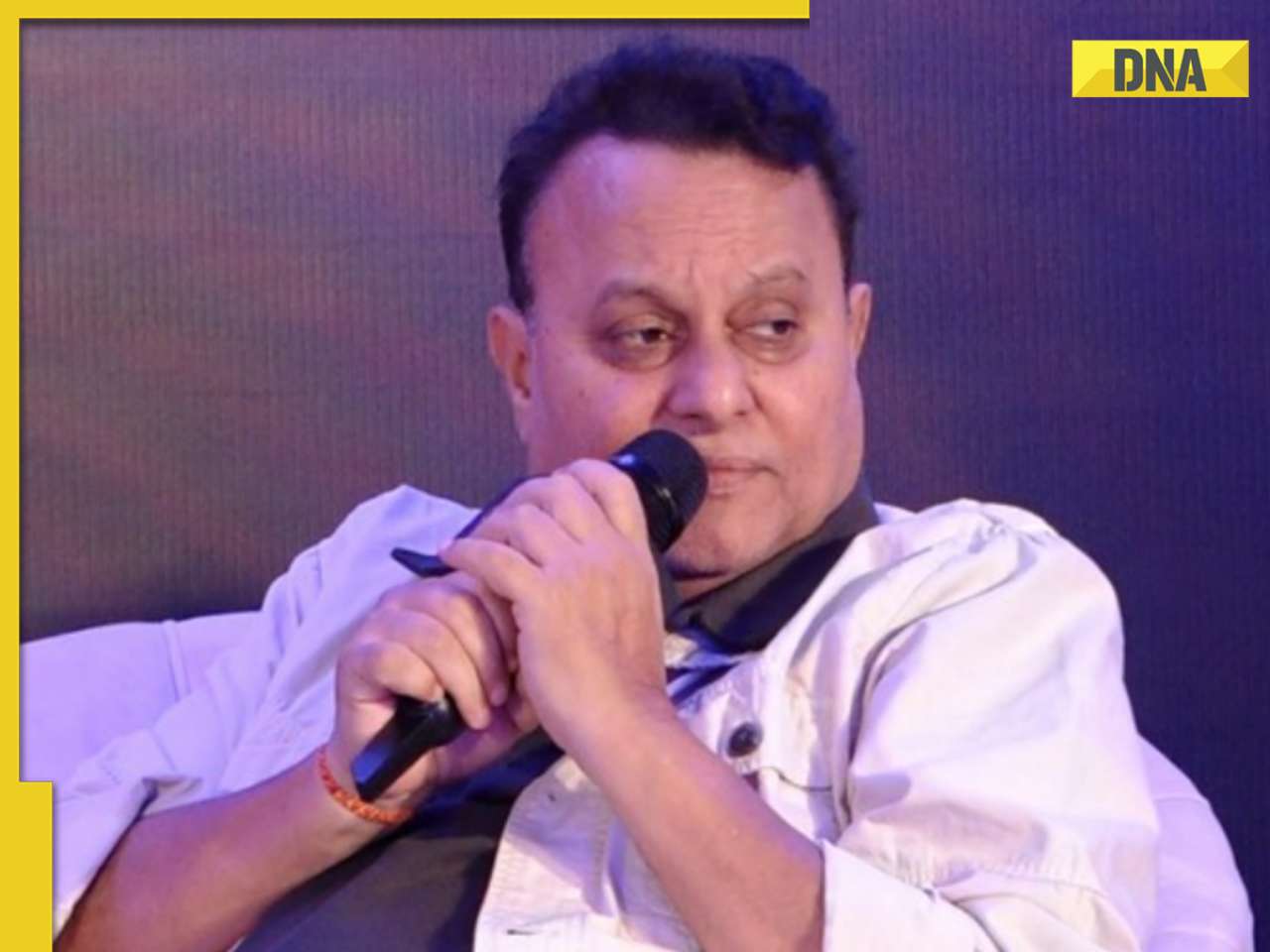



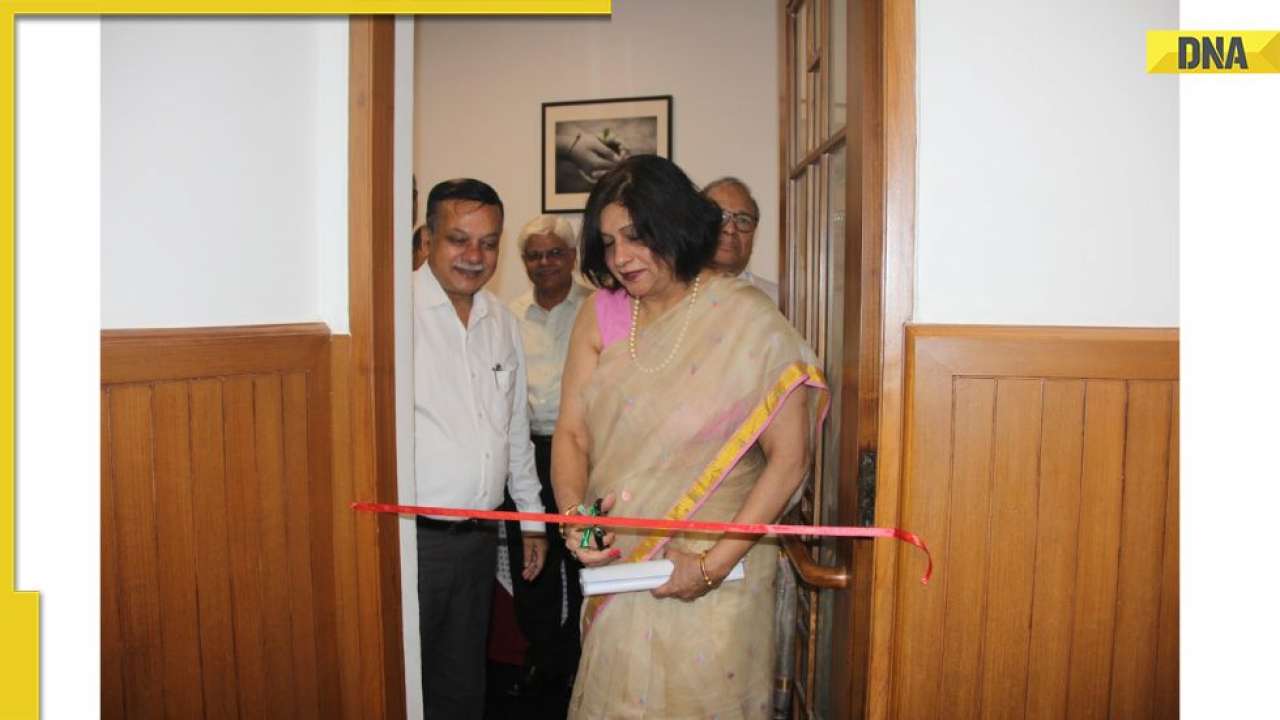

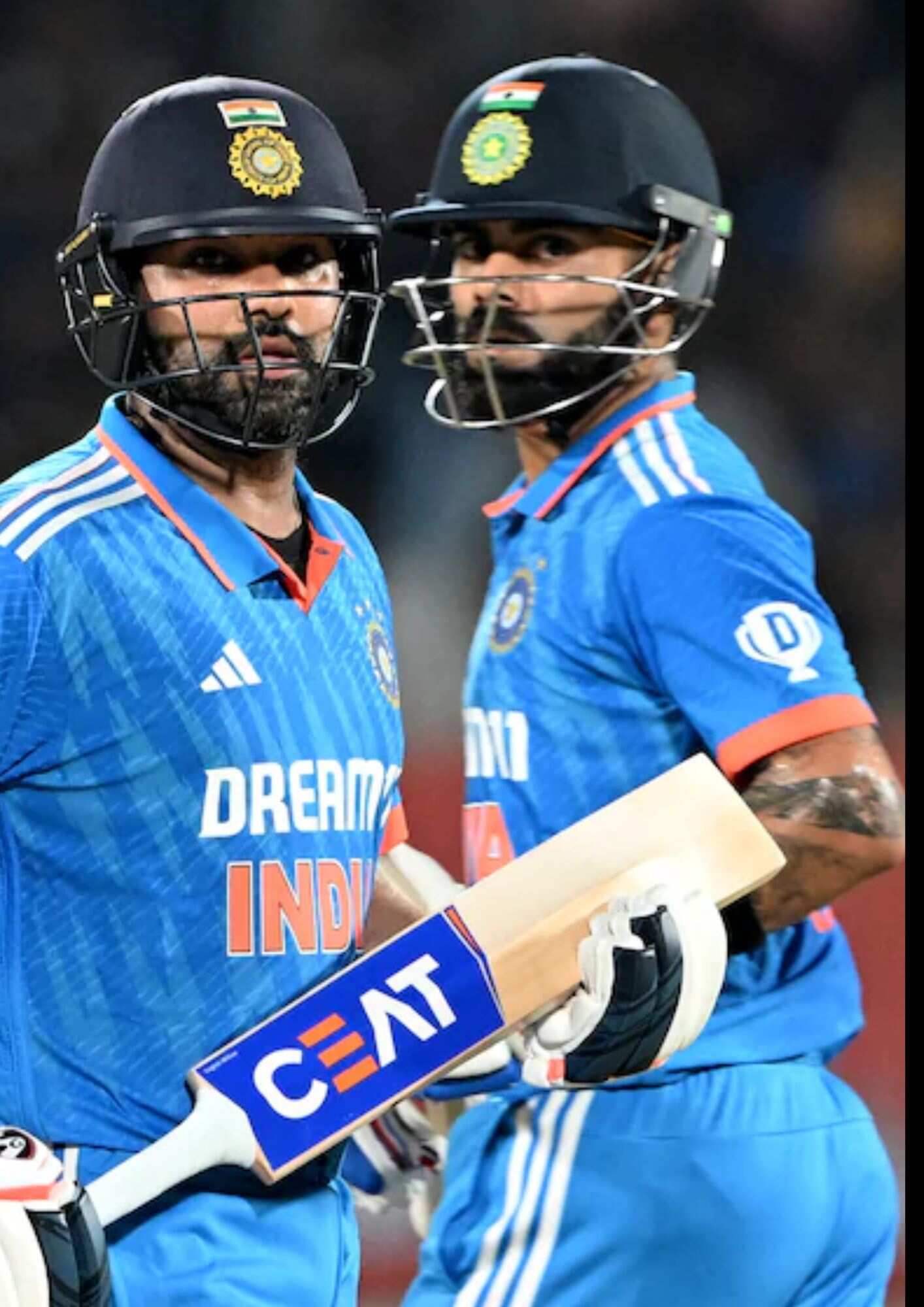




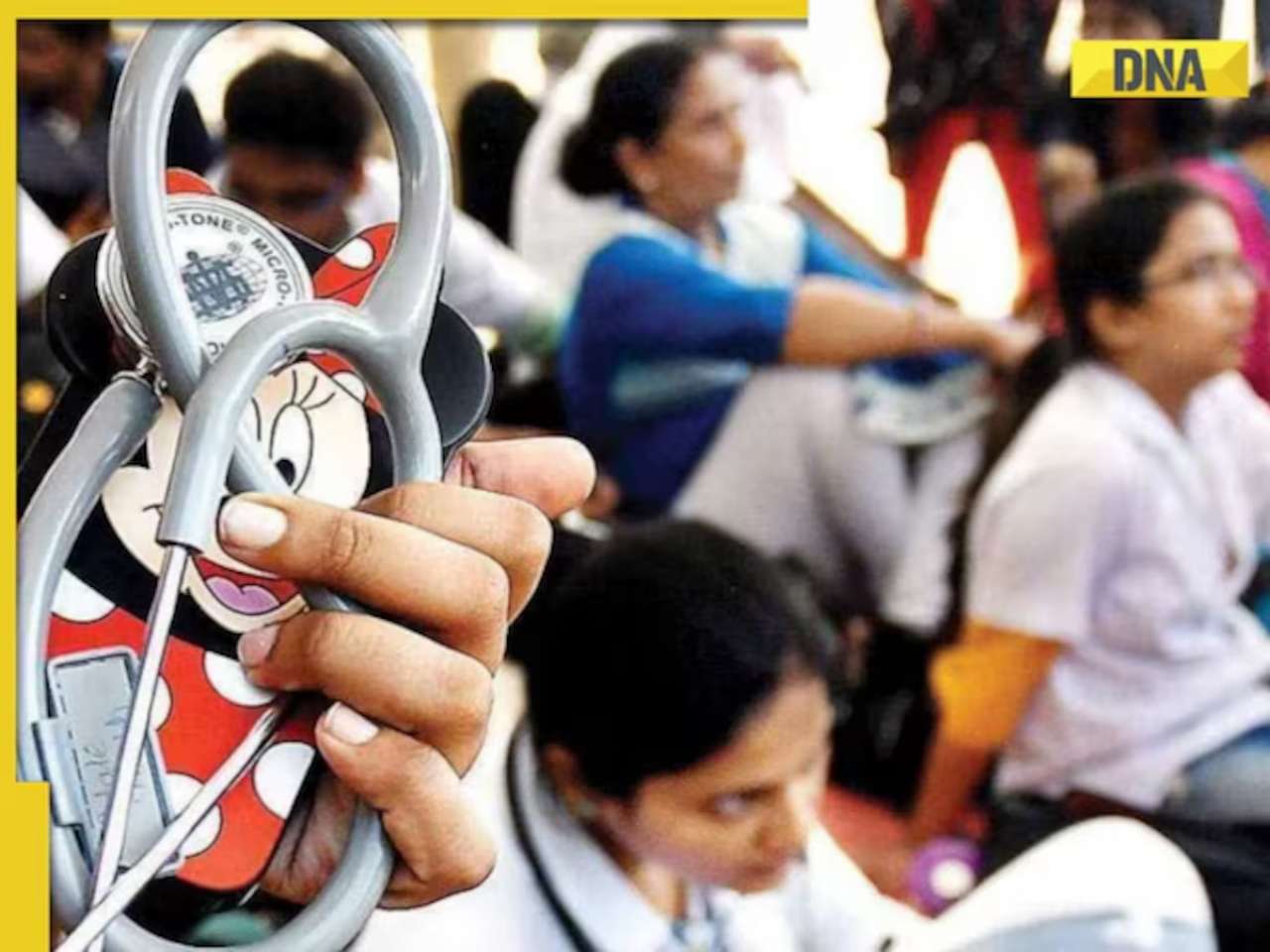

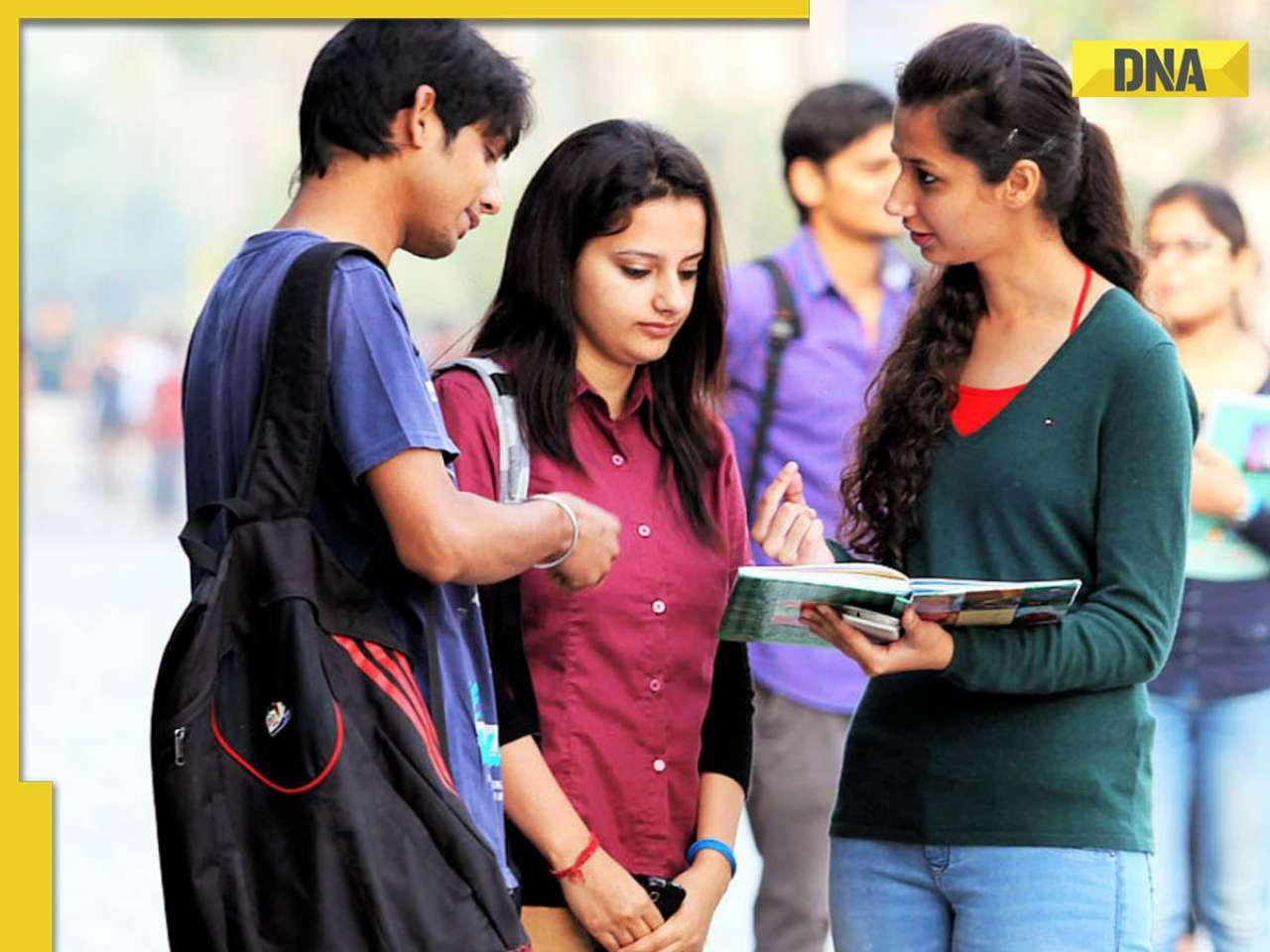
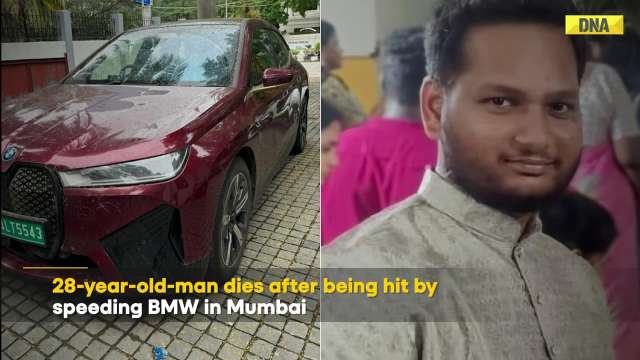
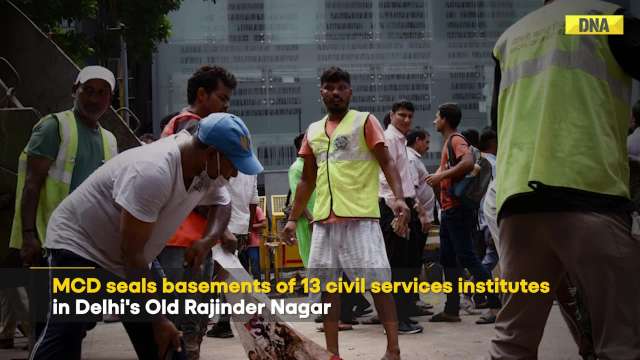

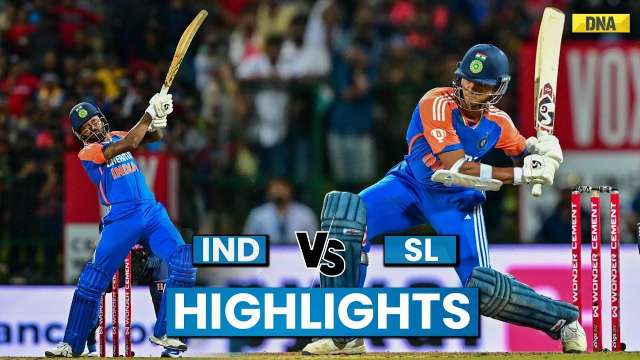





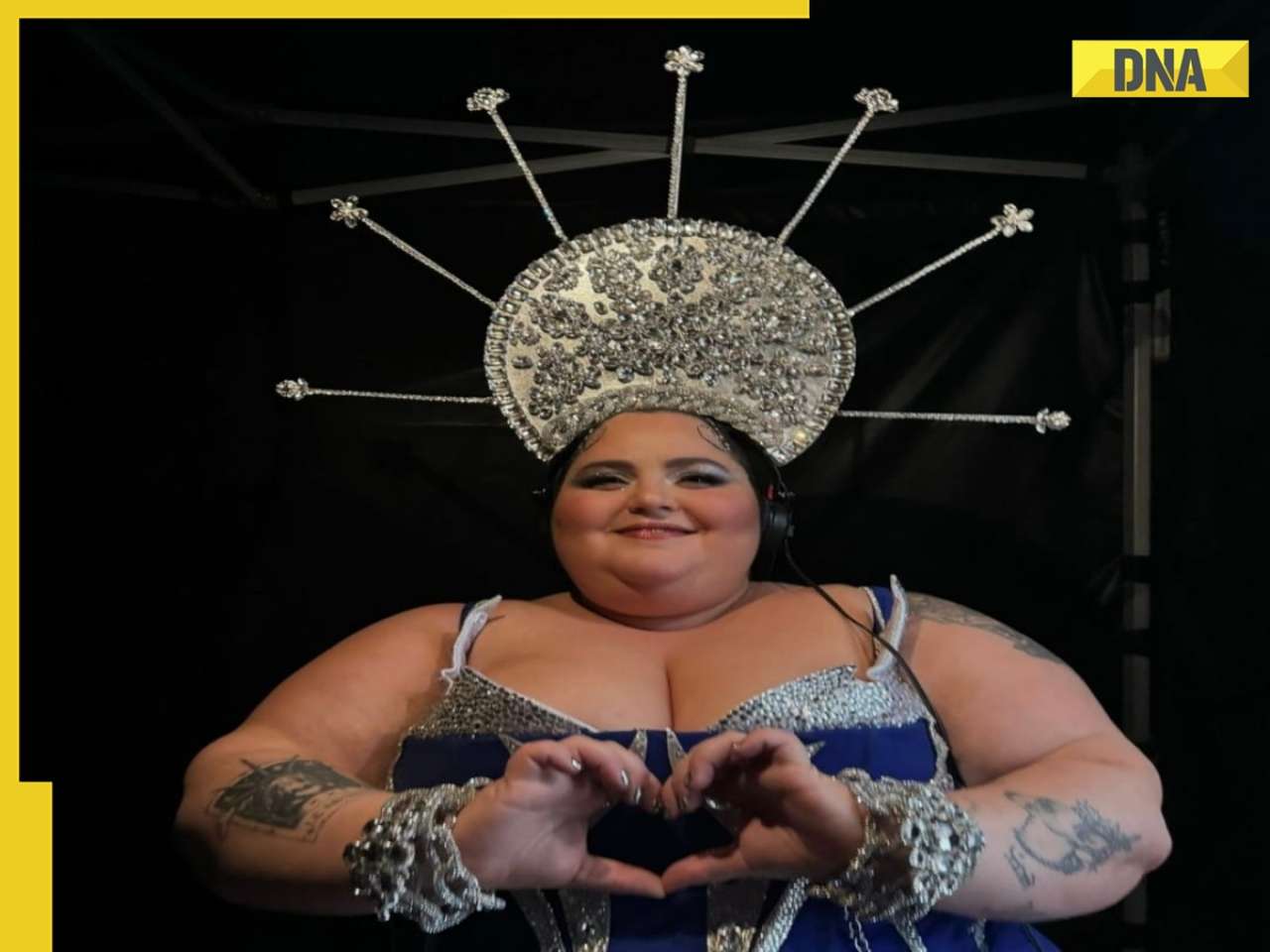
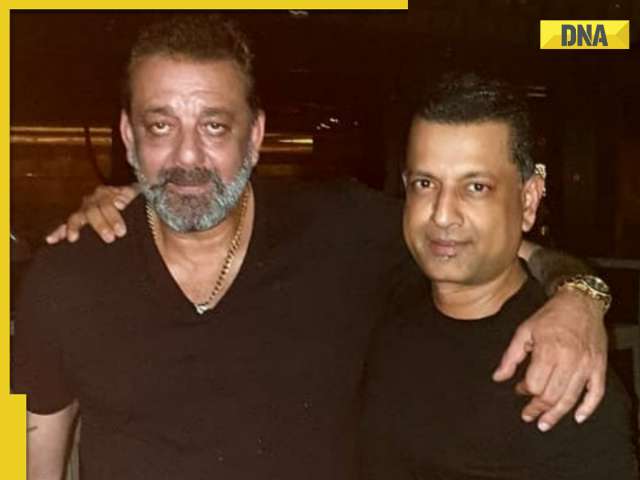







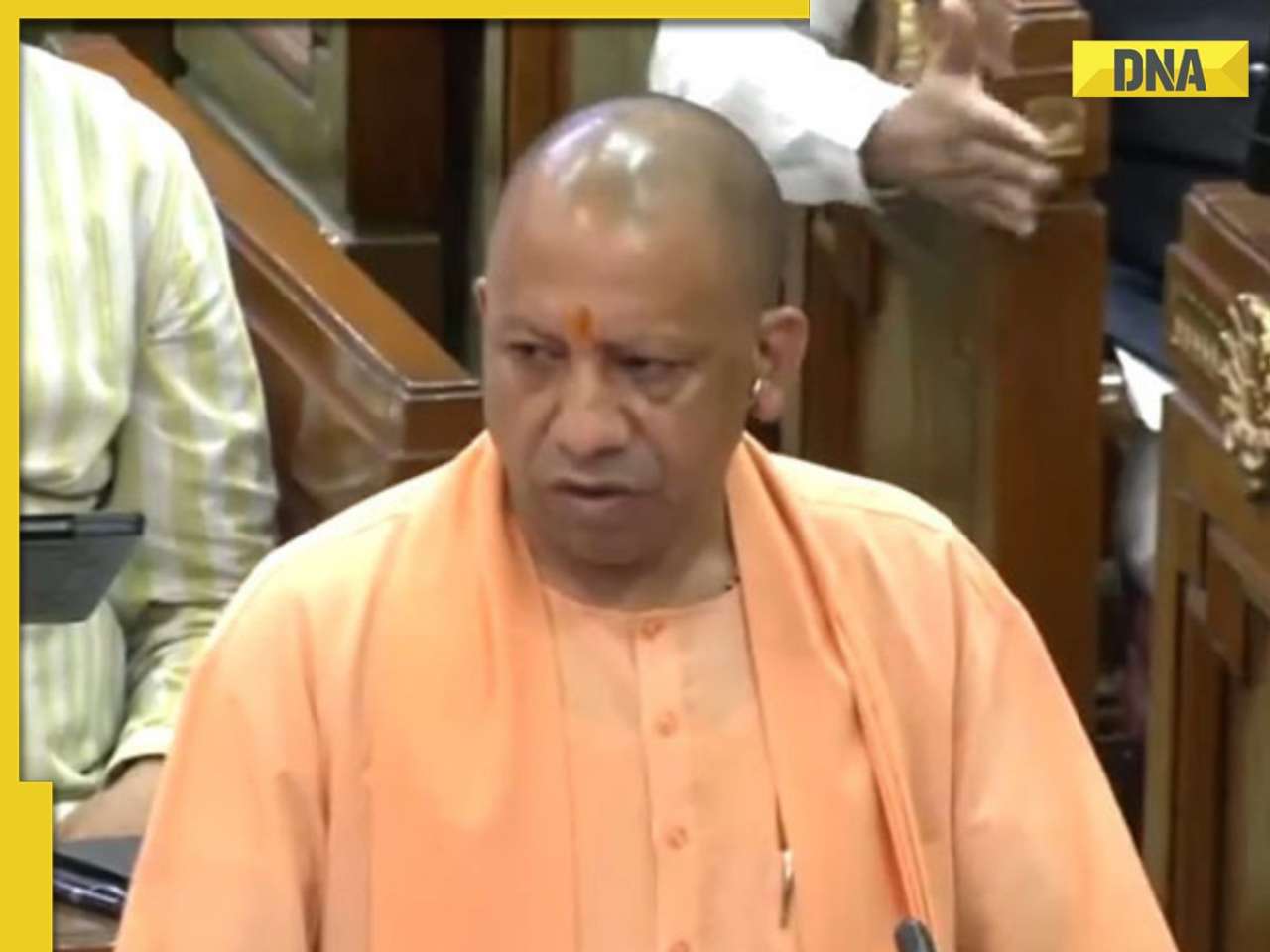
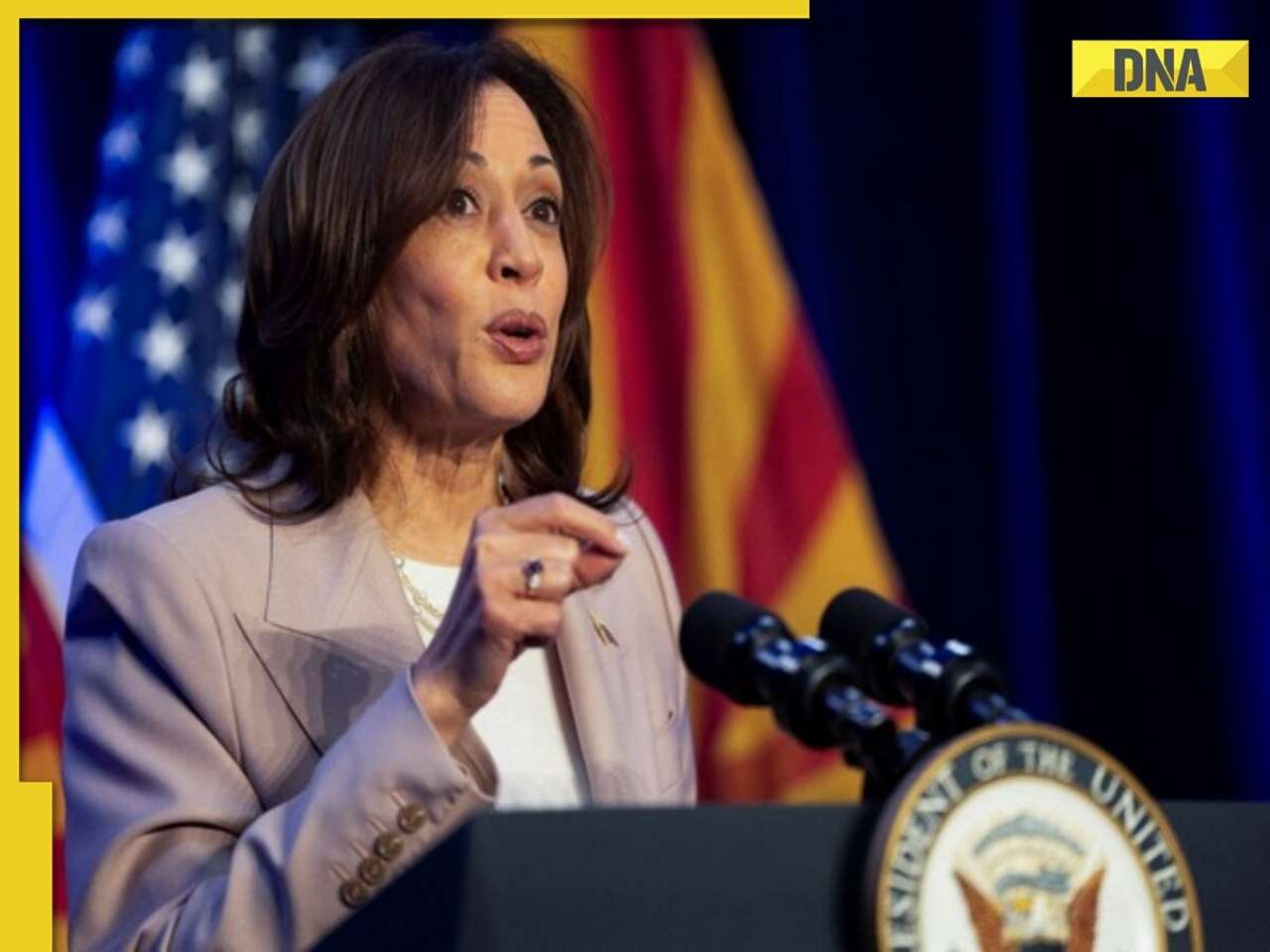
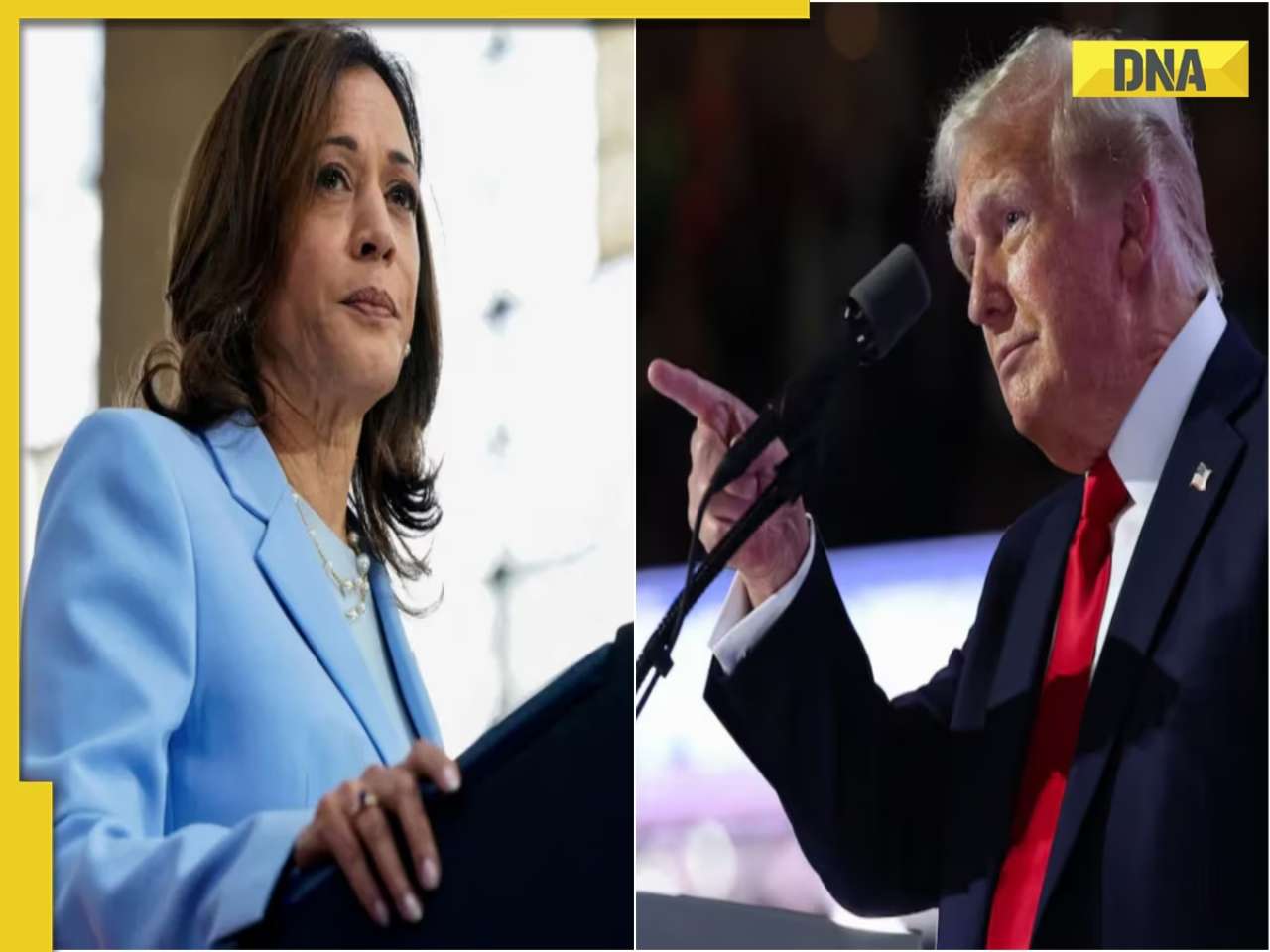





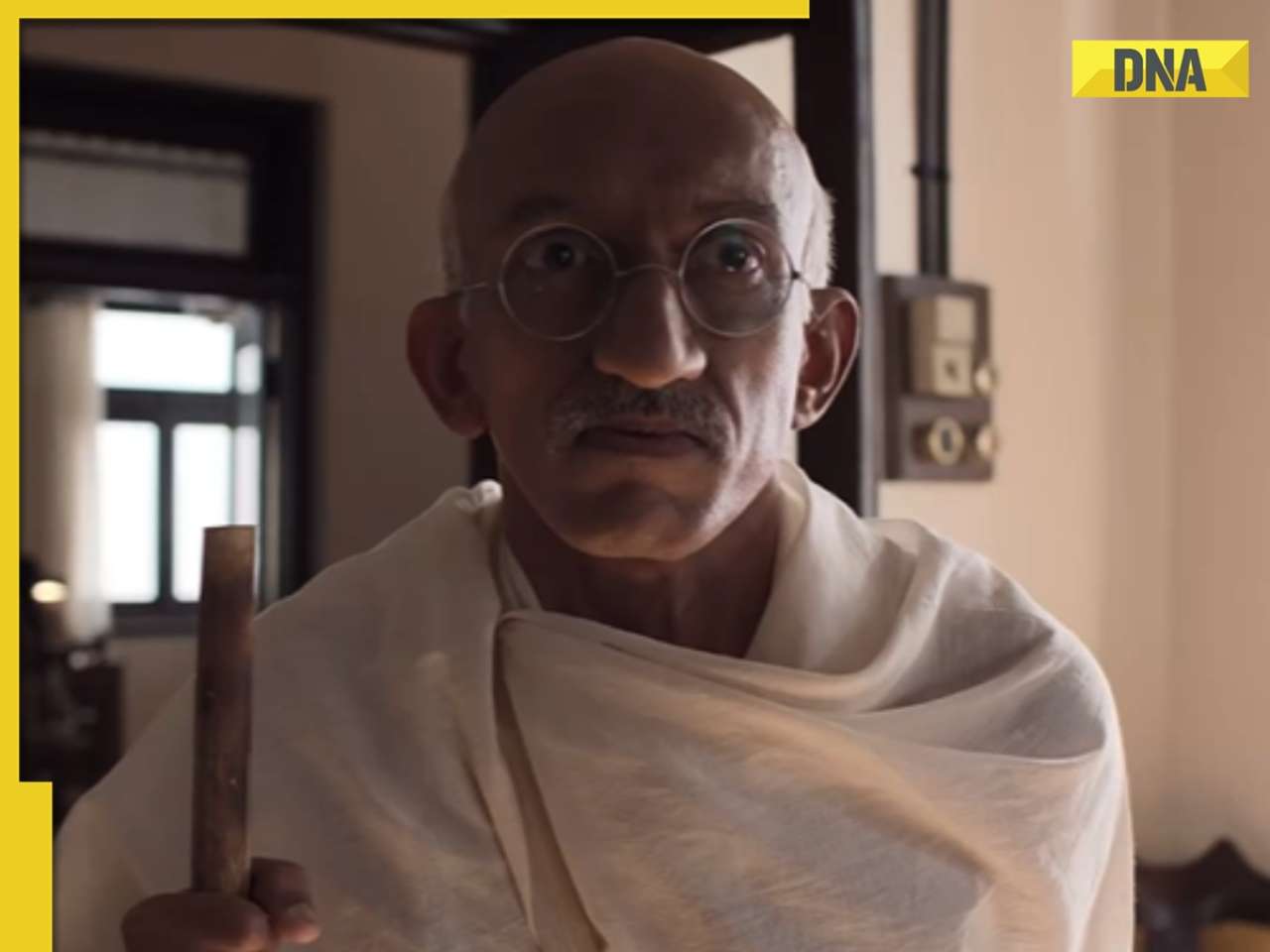




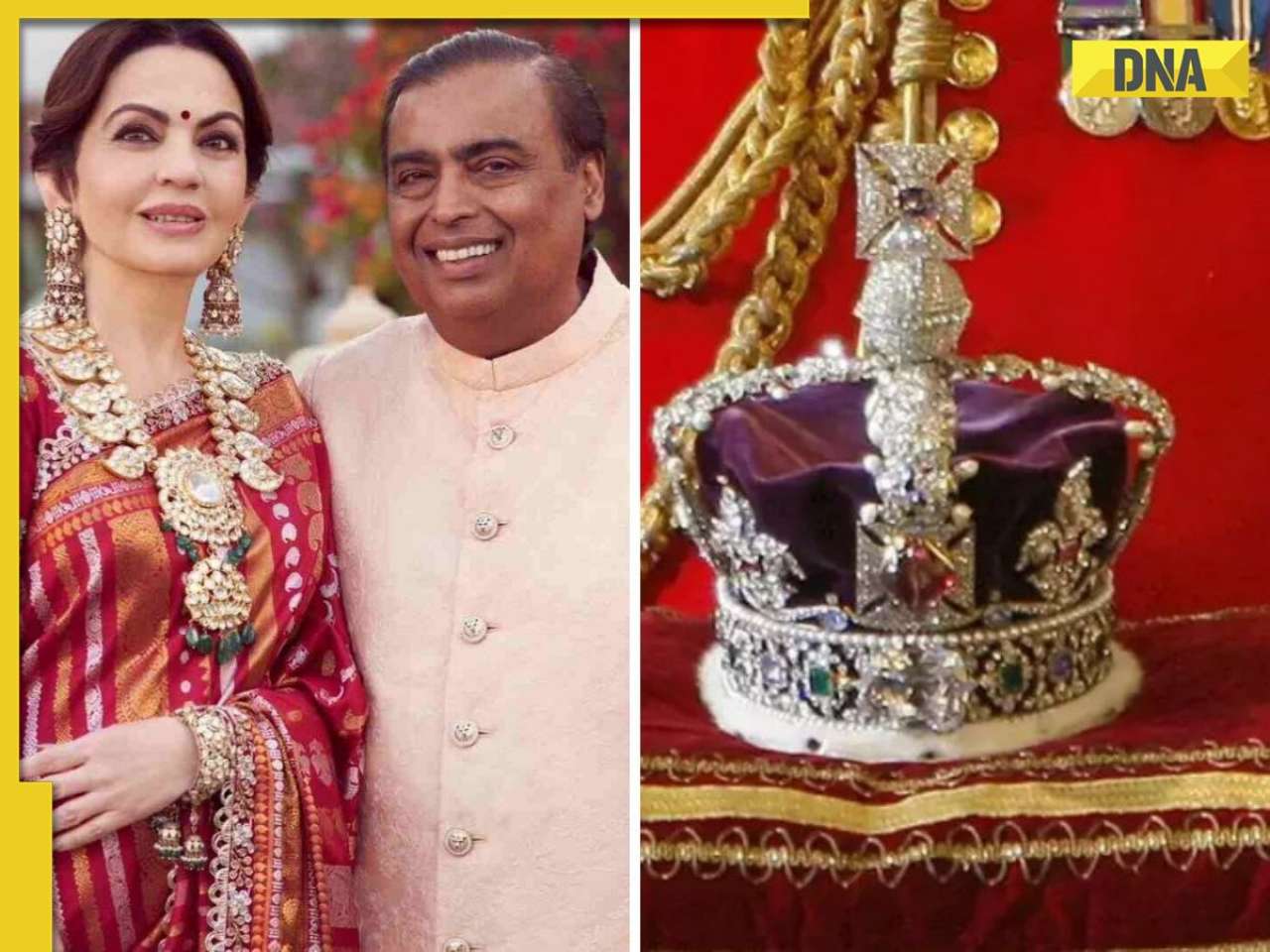

)
)
)
)
)
)
)
)
)
)
)
)
)
)
)




)
)
)
)
)
)